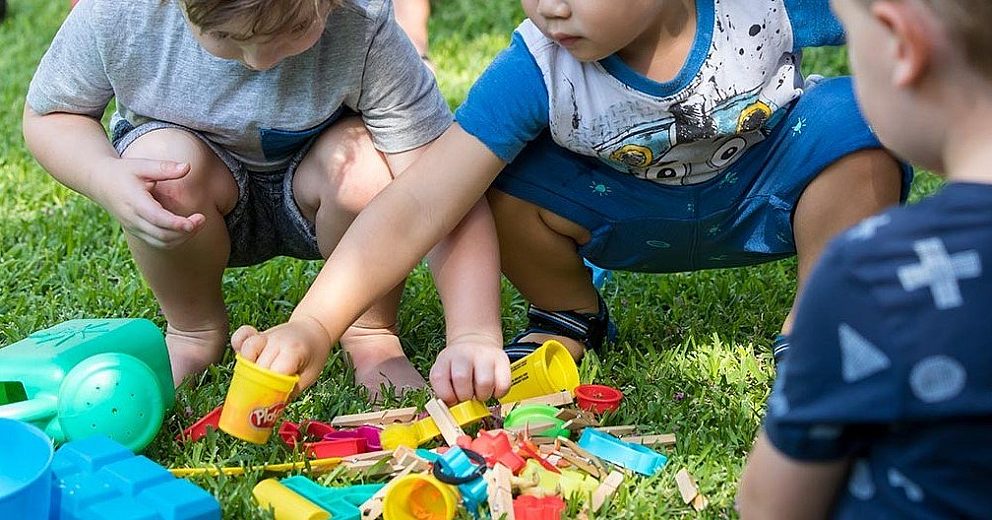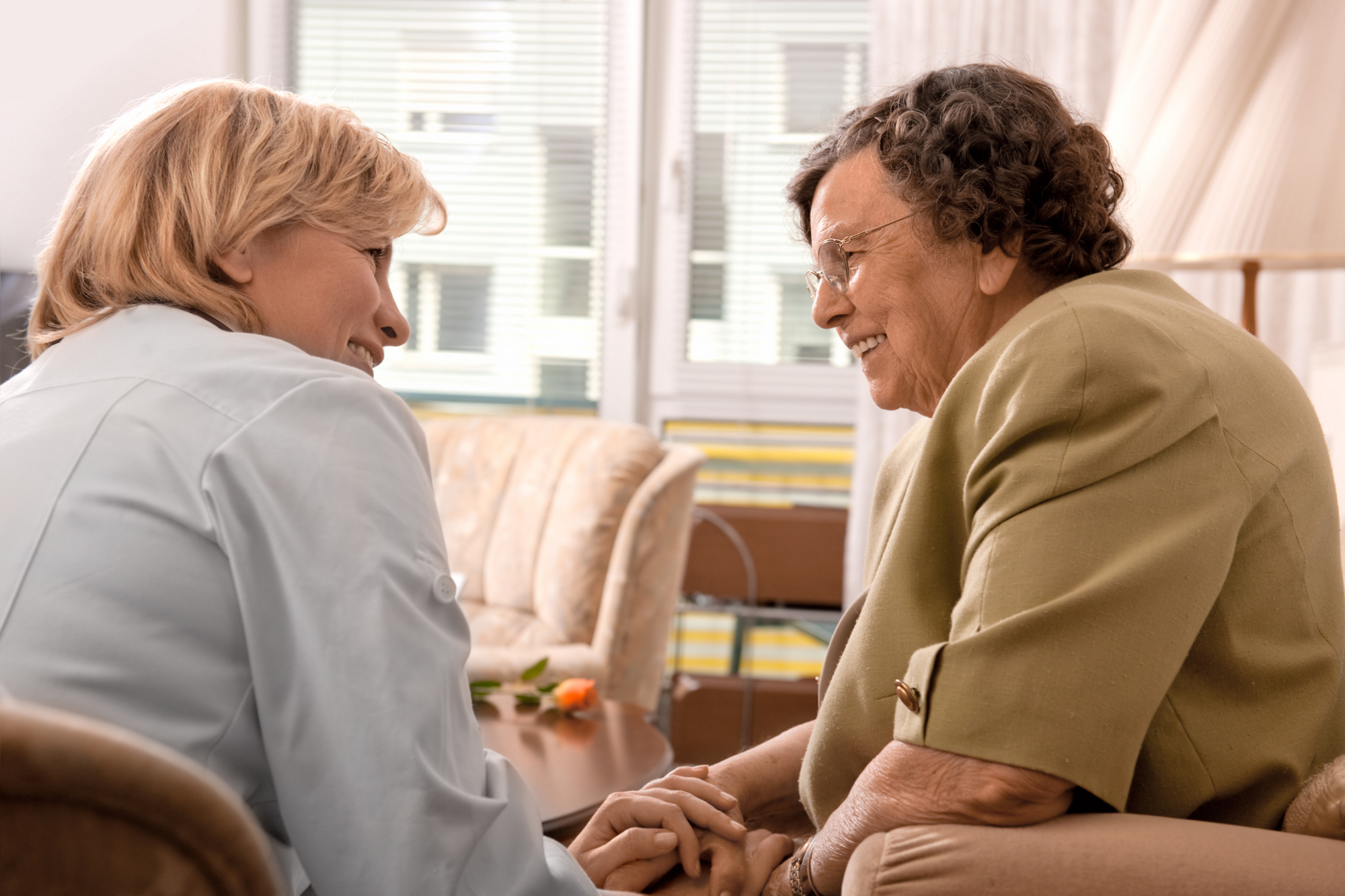
Workshop builds momentum for collaborative child development initiative
Dec 02, 2025
Mar 07, 2023

"It's the personal dimension that is going to affect the way our patient approaches death."
With the introduction of Voluntary Assisted Dying (VAD) in Queensland, mounting workforce pressures and the Royal Commission into Aged Care Quality and Safety, the question of how to deliver quality at-home palliative care has never been more pertinent for primary care providers.
To provide primary care teams – including GPs, practice nurses and managers – with up-to-date knowledge on how to support their palliative care patients, the PHN is hosting an information evening where three leading physicians with specialist knowledge in palliative care will share their valuable insights on supporting these patients at home.
Dr Kylie Norris, General Practice Liaison Officer at Brisbane North PHN and Metro North Health is MC at the event taking place during National Palliative Care Week in May.
"As GPs, we are privileged to be able to provide care throughout a patient's whole life journey,” said Dr Norris. “End-of-life care at home is one of the more challenging areas of work in primary care, requiring co-ordination and support from other services.”
Although primary care teams are fundamental to the delivery of at-home palliative care, with over 34 palliative care projects currently active in the Brisbane North PHN region, it can be difficult for primary care professionals to keep abreast of the services and supports.
Brisbane North PHN is hosting the event to bring GPs, practice nurses and managers up to speed on ways to support their palliative care patients.
Dr Sue Colen is medical lead at Karuna Hospice and will host an interactive case study and discussion about working together in palliative care.
“Your patients need you,” says Dr Colen. “Your patients have been navigating a changing and bewildering landscape where they are confronting their mortality and often diminishing functionality. They are coming to terms with a life limiting condition. You as their GP are so important to their support.”
Delegates will be engaged through these expert presentations and peer-learning activities over a three-course meal. Key topics will be explored to raise awareness and build networks so primary care teams feel supported to deliver palliative care for their patients.
One of Australia’s leading experts in palliative care Professor Liz Reymond, Director of QVAD Support Services, is the first speaker and will talk specifically about VAD in the context of palliative care.
Director of Metro North Health Community Palliative Care Service, Dr Bill Lukin is a dual specialist in palliative care and Emergency Medicine. Dr Lukin will talk about the Specialist Palliative Care in Aged Care project (SPACE) model which aims to improve access to specialist end-of-life care for aged care residents.
“While as medical professionals we deal with the ‘patient’, we also deal with the ‘person’,” says Dr Colen. “What does it mean when palliative care doctors refer to including a spiritual dimension in our care for patients who are dying? It’s how we deal with the person. It’s the personal dimension that is going to affect the way our patient approaches death.”
The event, funded through the Greater Choice for At Home Palliative Care measure, will provide delegates with opportunities to network and meet representatives from key services in the region. An online delegate pack will provide links and resources to support practice beyond the event.
“I look forward to improving my knowledge of specialist Palliative Care services available in my area – to enhance my ability to provide optimal end-of-life care to my patients and their loved ones,” said Dr Norris.
Registration is now open, and is free for primary care professionals.

We acknowledge the Traditional Custodians within our region: the Jagera, Turrbal, Gubbi Gubbi, Waka Waka and the Ningy Ningy peoples of where we meet, work and learn. Brisbane North PHN is committed to reconciliation. Our vision for reconciliation is where the stories of our First Nations’ people are heard and shared, and networks are formed.